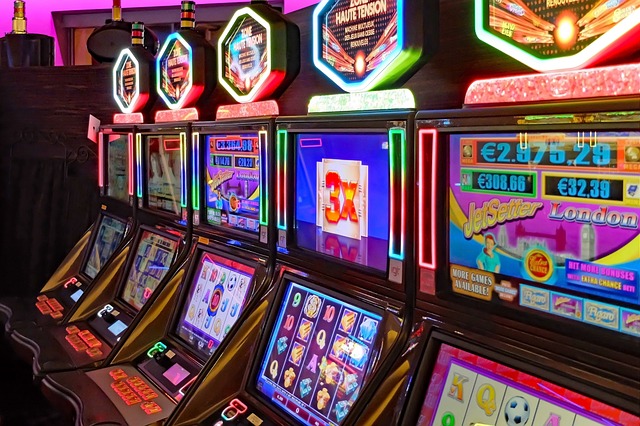Have you ever found yourself at a slot machine, pouring in coins or virtual credits, only to be met with a seemingly endless string of losses?
If so, you’ve probably asked yourself, “Why do slots stop paying out?” and “Why am I not winning on slots?” These are common questions among many novice and seasoned players.
In this Best Casino HQ blog, we’ll delve into the mechanics of slot machines, debunk some prevalent myths, and offer insight into how these games work.
Why Do Slots Stop Paying Out?
One common perception among many players is that slot machines can ‘go cold,’ ceasing to yield payouts as frequently as they believe they should.
However, this notion is based on a fallacy. Regulated slot machines operate on a system of randomness, meaning that each result is independent of the ones before it. Therefore, the concept of a ‘cold’ or ‘hot’ slot is misleading.
The Role of Random Number Generators (RNGs)
One of the pivotal components of a licensed slot machine is the Random Number Generator (RNG). This device utilises mathematical algorithms to generate a vast number of sequences every second, resulting in unpredictable outcomes on the slot machine. The RNG is always active, even when the game is not in use, making it nearly impossible to predict a pattern or outcome of a spin.
Volatility and Return to Player (RTP)
In addition to the RNG, two other factors may affect a slot machine’s payout behaviour: volatility and the Return to Player (RTP) rate.
Volatility, also known as variance, describes a slot’s theoretical behaviour in relation to the frequency and size of possible wins. Low-volatility slots tend to produce frequent but smaller wins, while high-volatility slots have the potential to yield larger but less frequent wins.
It’s crucial, however, to remember that this is purely theoretical, and actual results can vary due to the random nature of slots.
The RTP is a theoretical value that can indicate how much a real money slot may pay out over a long period of time. For example, if a slot game has a RTP of 96%, it means that, in theory, for every £100 wagered, the slot may pay £96 back to players.
However, this isn’t a guarantee but rather a guide on how the slot might pay out, calculated over a large sample of spins.
Why Am I Not Winning on Slots?
The answer to this question lies in understanding that slot machines are games of chance, and winning is never guaranteed. Therefore, the goal of playing casino slot games should be for entertainment rather than potential profit. Your chances of winning do not change during a game, and a slot appearing to ‘go cold’ is purely down to chance.
Are Slot Machines Rigged?
A common misconception is that casinos rig slot machines to stop paying out. In reality, casinos do not have control over slot machine outcomes – the RNGs do. The randomness of the RNG system ensures that neither the casino owner nor anyone else may predict or influence the outcomes.
The RNGs are audited by third-party companies to ensure they meet industry standards of randomness. In other words, the fairness and integrity of regulated games are guaranteed.
Is There a Trick To Slot Machines?
Rumours and theories about slot machine tricks abound, with some players swearing by certain strategies. However, with RNGs at work, there are no tricks or gimmicks that can possibly guarantee a win on a slot machine.
Does It Matter What Time You Play Slots?
Contrary to popular belief, the time of day has no impact on your chances of winning on a slot machine. The RNG ensures that each spin’s outcome is independent and random, regardless of when you play.
So whether you play at night, during the day, or on the weekends, your chances of potentially winning remain the same.In conclusion, the next time you find yourself wondering, “Why do slots stop paying out?” or “Why am I not winning?”, remember that the outcomes are entirely random. The best approach is to stick within your budget, choose games based on your preferences, and most importantly, have fun!



